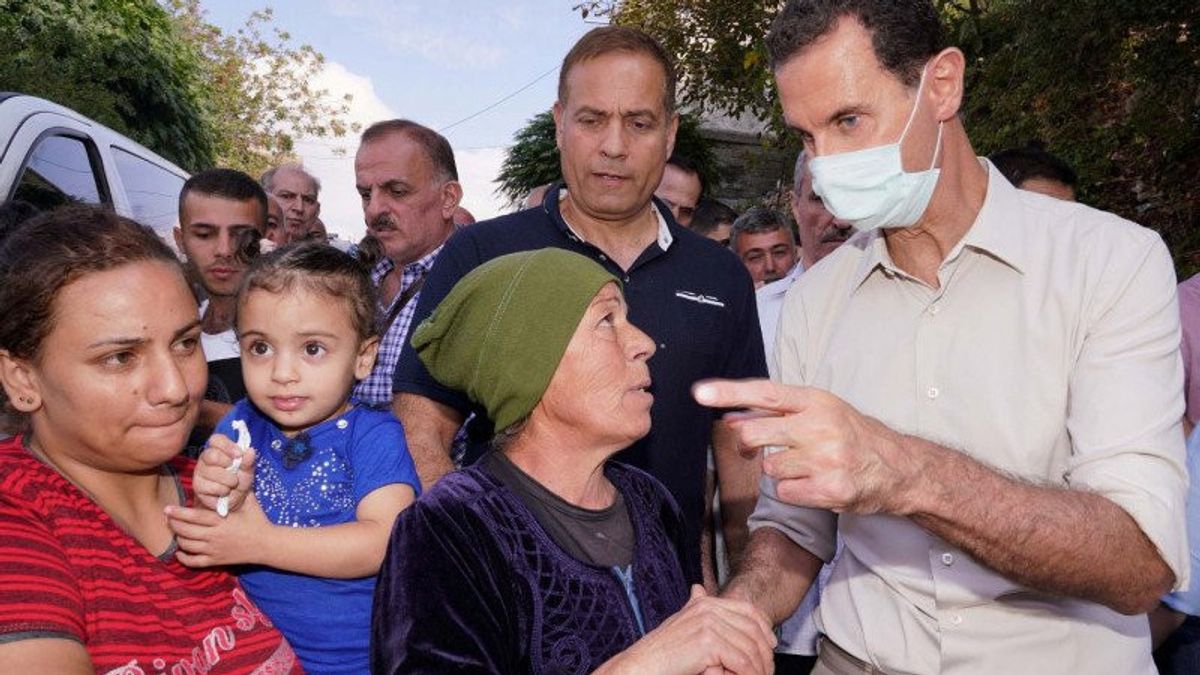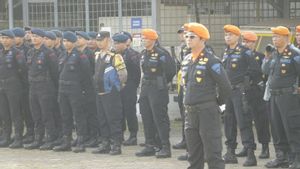JAKARTA - Syrian President Bashar al Assad spoke out regarding the worsening Syrian economic crisis. Assad said billions of dollars in the savings of the Syrian people in the Lebanese financial sector are in a blocked position. One that has had a significant impact on this crisis.
Lebanese banks, fearful of capital flight and grappling with an acute crisis of a strong-value currency, have since last year imposed tight controls on withdrawals and transfers abroad. The move drew the ire of local and foreign depositors who were unable to access their savings.
Assad said ranging from US $ 20 billion - about Rp. 290.8 trillion - to US $ 42 billion - about Rp. 610.6 trillion - of Syrian deposits could be lost in Lebanon's banking sector, which has more than US $ 170 billion ( around IDR 247.1 trillion) in foreign currency deposits.
"That figure for an economy like Syria is terrifying," he said.
"This is money that they put into the Lebanese bank and we pay the price. This is the essence of an issue that nobody is talking about," Assad added.
Assad discussed this during a tour of trade fair broadcasts in state media. Syrian businessmen say Lebanon's tight controls over withdrawals have locked in hundreds of millions of dollars once used to import basic goods, from oil to commodities, into Syria.
Many Syrian subsidiaries have also long avoided Western sanctions by using the Lebanese banking system to import prohibited goods into Syria by land, said several bankers and businessmen. The US Treasury Department has blacklisted a number of these companies.
Assad said the current economic woes were not caused by the Caesar Act - the toughest US sanction against Damascus - which took effect last June. "The crisis started before the Caesar Act and years after the old Western sanctions were imposed ... Money (in the Lebanese bank) was gone," said Assad.
Syrian authorities blame Western sanctions for widespread hardships among the population. The currency's fall since the start of the year has caused price spikes and people have struggled to buy food and basic necessities.
In October, the government faced a severe shortage of fuel. The government was forced to increase the price of bread as wheat stocks ran low, further upsetting Syrians exhausted by a decade of war.
The English, Chinese, Japanese, Arabic, and French versions are automatically generated by the AI. So there may still be inaccuracies in translating, please always see Indonesian as our main language. (system supported by DigitalSiber.id)













